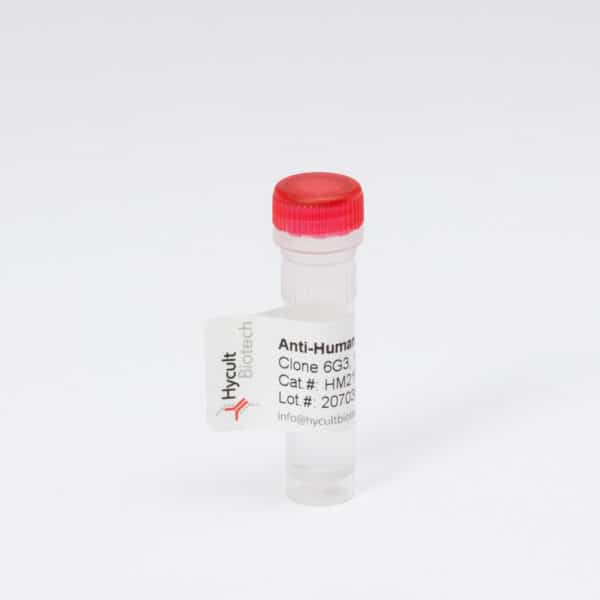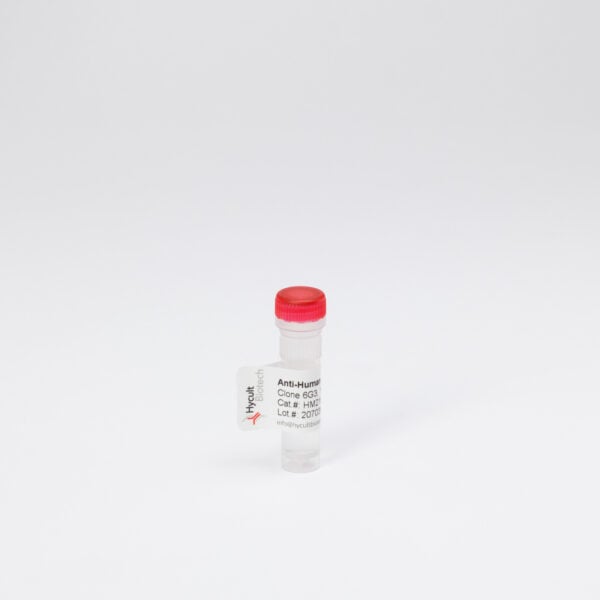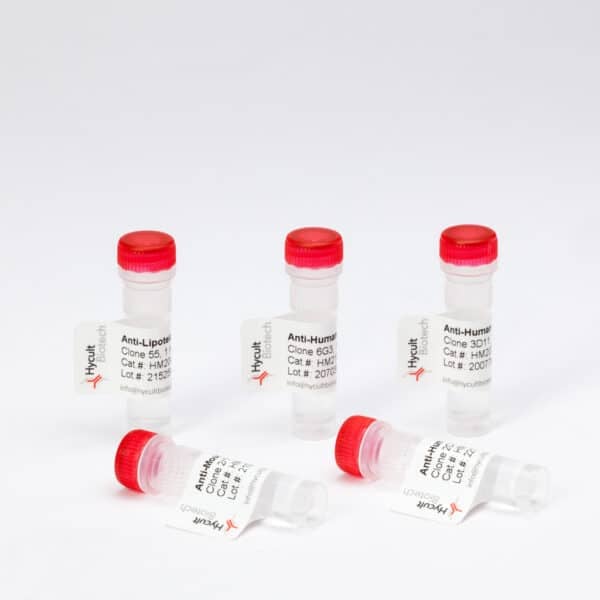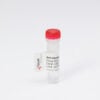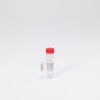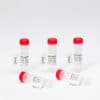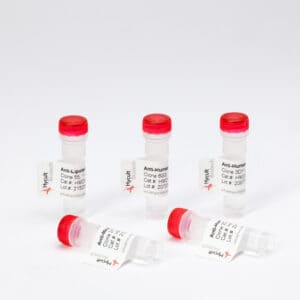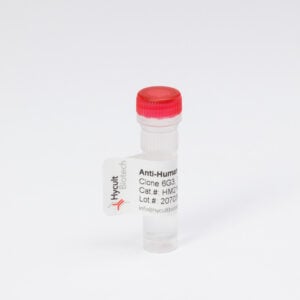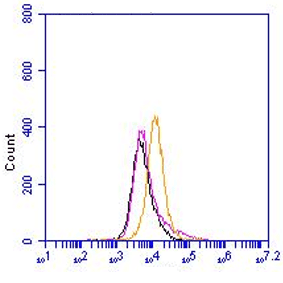LCE3, Human, clone 7
Monoclonal antibody clone 7 recognizes human late cornified envelop (LCE)-3 proteins, with increased affinity for LCE3-, B/D&E.
Read more€133.00 – €414.00
Monoclonal antibody clone 7 recognizes human late cornified envelop (LCE)-3 proteins, with increased affinity for LCE3-, B/D&E. Although the exact mechanism is still unknown, psoriasis and psoriatic arthritis are skin diseases with a strong and complex genetic background. The LCE gene cluster and especially cluster 3 is associated with these diseases. Psoriasis is characterized by inflammation, epidermal hyperproliferation and keratinocyte differentiation. Many psoriasis related genes lie within the epidermal differentiation complex (EDC) region. This includes the LCE cluster genes. This cluster encodes genes for stratum corneum proteins. The LCE cluster is divided into 6 groups (LCE1-6) and the LCE3 cluster encompasses five genes (LCE3-, A/B/C/D/&E), each with its own structure and function.
Besides its role during epidermal differentiation, it is revealed that LCE3 proteins, and in particular LCE3A, have an antimicrobial activity. Besides it’s comparable defensin like AMP function, LCE3 proteins are small, cysteine rich and cationic. This activity can be inhibited at high ionic strength.
Furthermore, LCE3 genes and proteins are also associated with rheumatoid arthritis. Atopic dermatitis and SLE. The monoclonal antibody targets all paralogues of the psoriasis-associated LCE3 proteins, with the highest affinity for LCE3B&E. The antibody is raised against the GGPSSEGG epitope.
- IHC-P: All tissues and skin equivalents were fixed for 4 hours in 4% buffered formalin, processed and embedded in paraffin. Sections (6 µm) were processed for immunohistochemistry and immunofluorescence analyses (Ref. 1).
